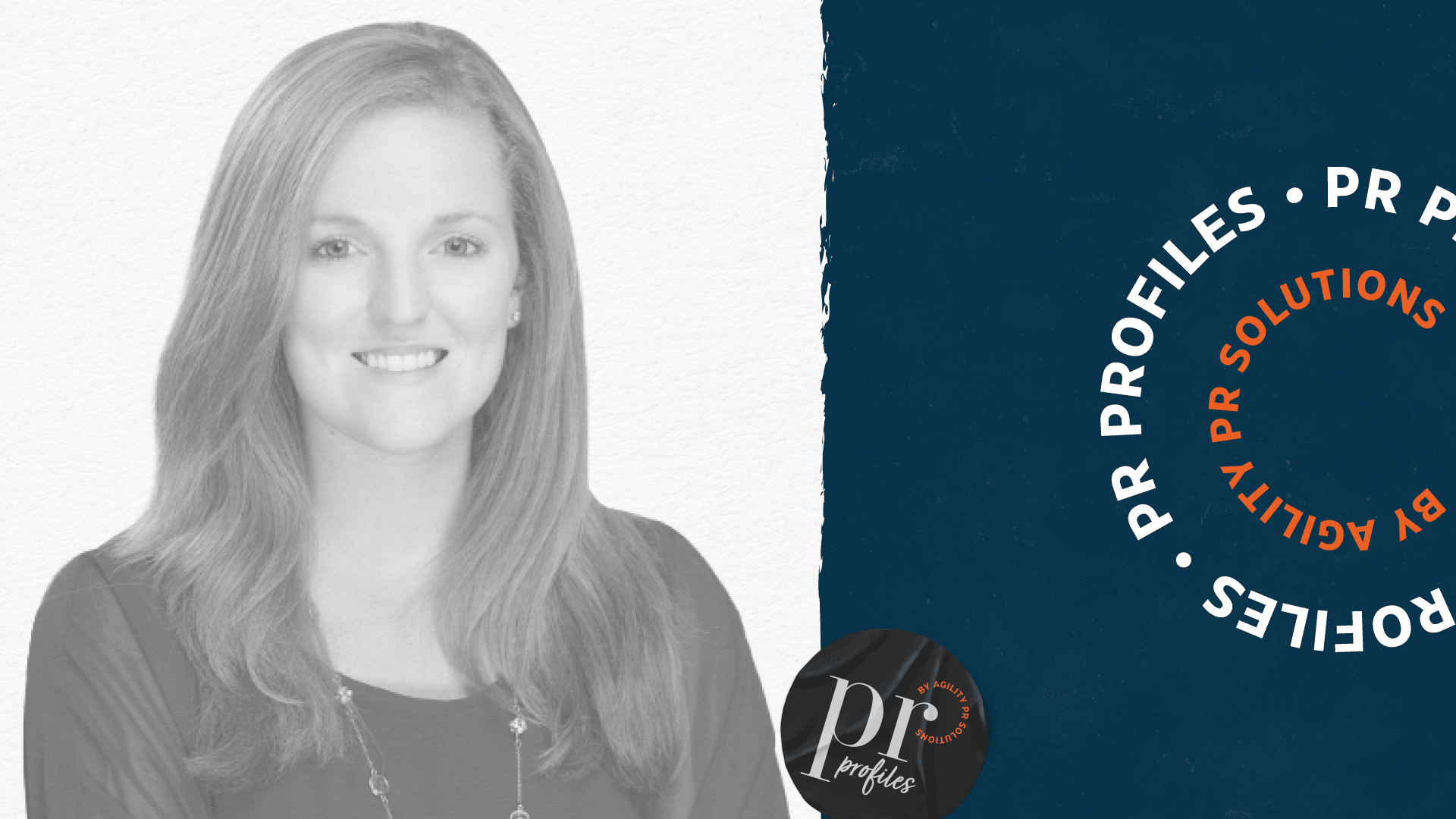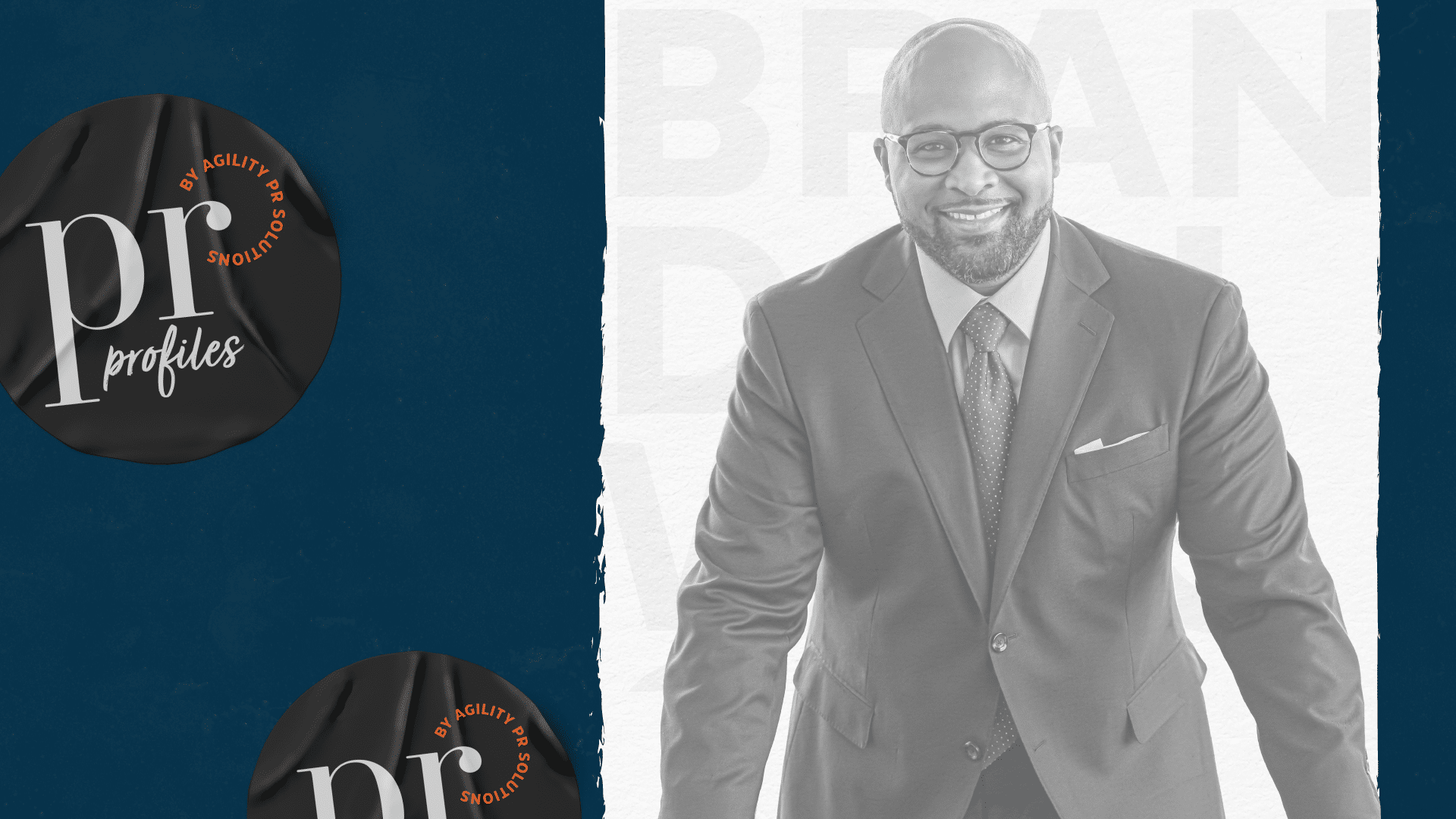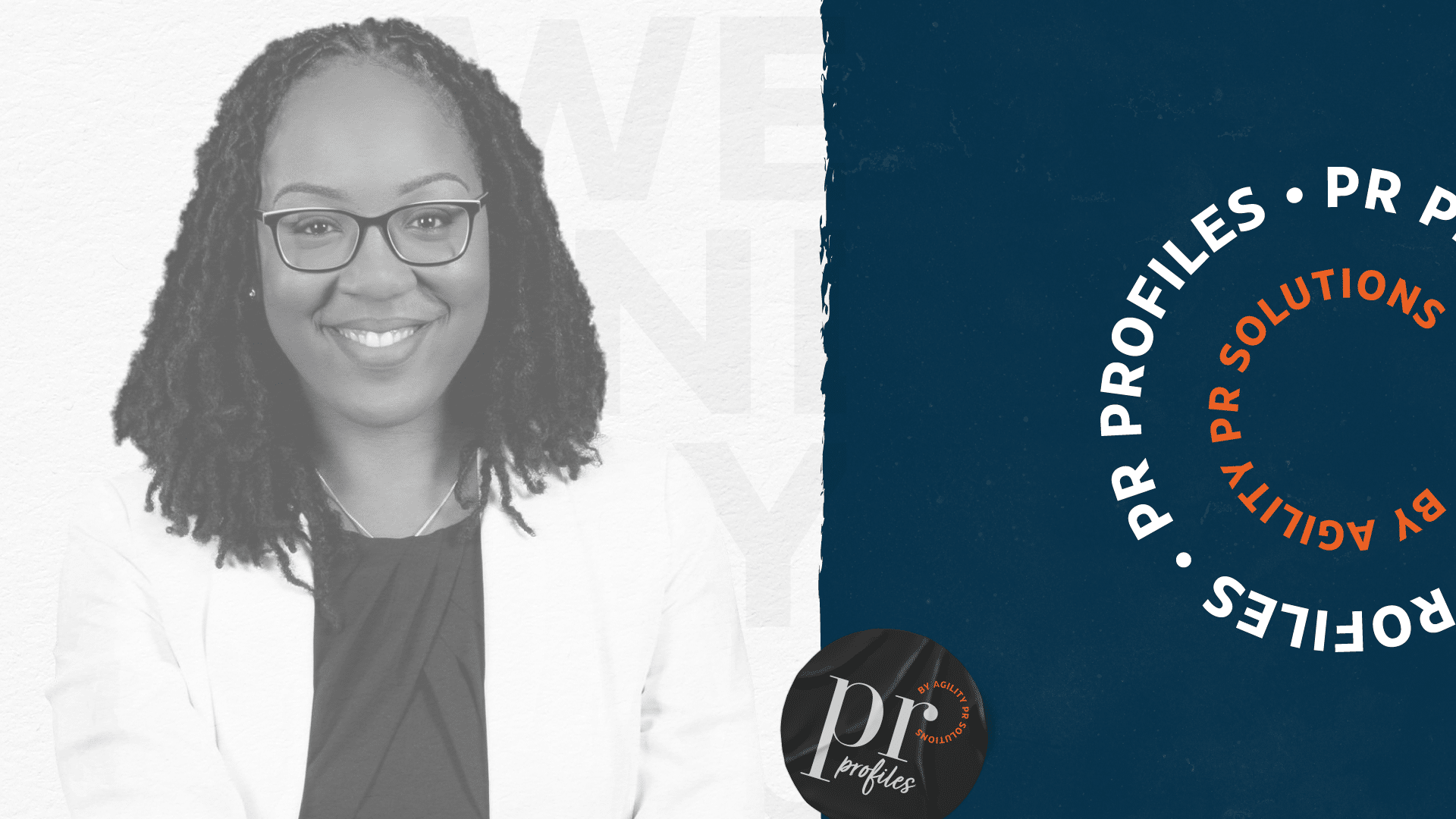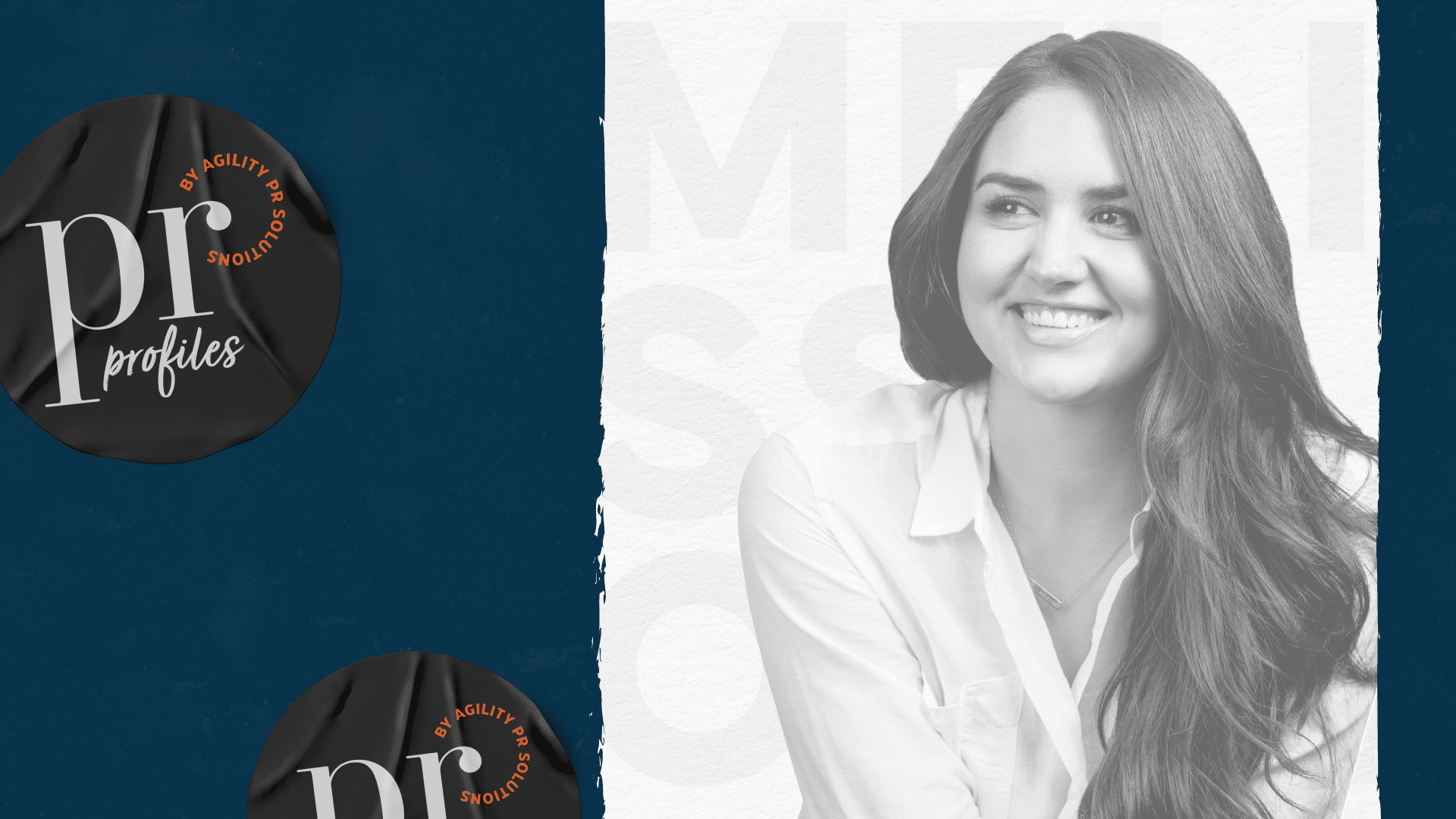“My story is a story,” says Melissa Agnes with a laugh, recalling how she, an entrepreneur since she was 21, got into crisis communications.
 Thirteen years ago, Melissa had no idea she would one day be an expert in crisis comms—or that it was even a field she could specialize in. At the time, she and her business partner were doing web strategy for clients. Then one morning Melissa had a lightbulb moment.
Thirteen years ago, Melissa had no idea she would one day be an expert in crisis comms—or that it was even a field she could specialize in. At the time, she and her business partner were doing web strategy for clients. Then one morning Melissa had a lightbulb moment.
“Why is no one looking at the risk?” she asked herself—the risk of two-way communication with consumers and of real-time media, including social. While the opportunity for communication was unprecedented, it came with the very real possibility of crisis.
Melissa describes herself as having a brain hardwired to see risk and possible mitigation strategies. After her lightbulb moment, she spent the next couple of years looking for and devouring information about crisis communications. In the end, she was frustrated to find a lack of available strategies that would equip leaders with a skillset and mindset to tackle crises in a way that didn’t involve relying on an outdated plan.
The day after she helped a client resolve their crisis in thirty minutes—resulting in a stock price increase—she turned to her business partner and said, “Let’s do it.” She wasn’t sure what ‘it’ was yet, so she launched a blog delving into the topic of crisis readiness and posted five days a week for years. In 2018 she published Crisis Ready: Building an Invincible Brand in an Uncertain World. Then in 2020, during the early days of the pandemic, she founded the Crisis Ready Institute.
With the Institute, Melissa hopes to help create a crisis ready world in which professionals and organizations are no longer reliant on a rigid plan but have an ingrained skillset to respond to a crisis—through words and action—in a way that will increase and facilitate trust in their brand.
“The longer you take to effectively respond to a crisis, the more crisis response penalty you suffer,” says Melissa. “A penalty is a needless repercussion due to an ineffective response—material impact over and above the material impact that comes as a result of the crisis.”
Penalties are the first common mistake she sees in the field of crisis comms, the second being a lack of emotional intelligence as part of the response. “In crisis people are emotional,” she says. “How do you communicate in a way that resonates with highly emotionally impacted people when emotion clouds judgment, and you can’t overcome emotion with logic? If you just come out spewing facts and logic, it’s not going to land.”
Melissa says that alleviating the clouded judgment requires the leader in a crisis to first validate the emotions. It’s a challenging responsibility to have, but it’s a learnable skillset, one the Institute tackles through its own offerings and through third-party resources and events. As Melissa says, “There’s always something that we’re promoting.”
The full interview with Melissa is available as a podcast or on the Agility PR Solutions YouTube channel.








